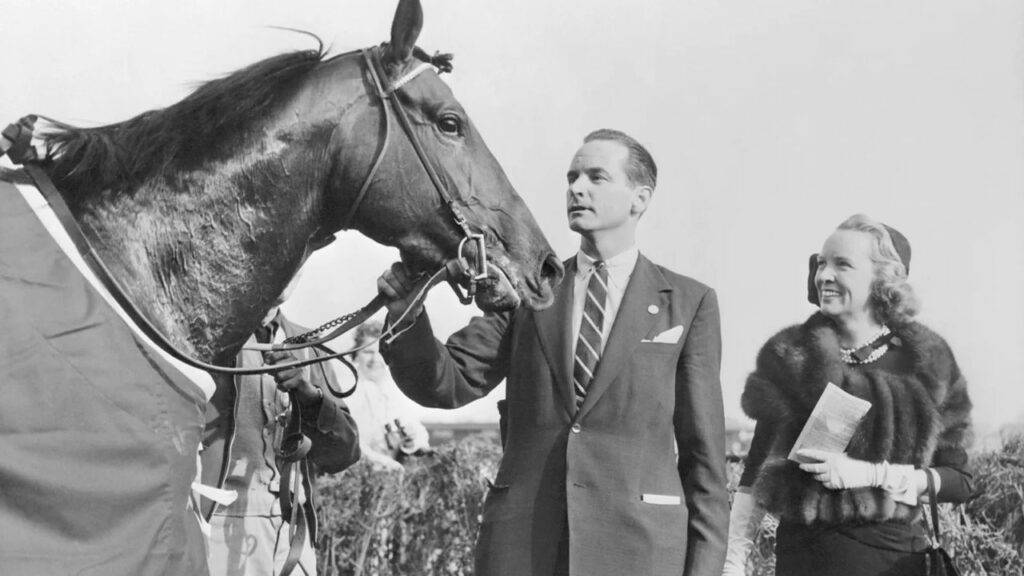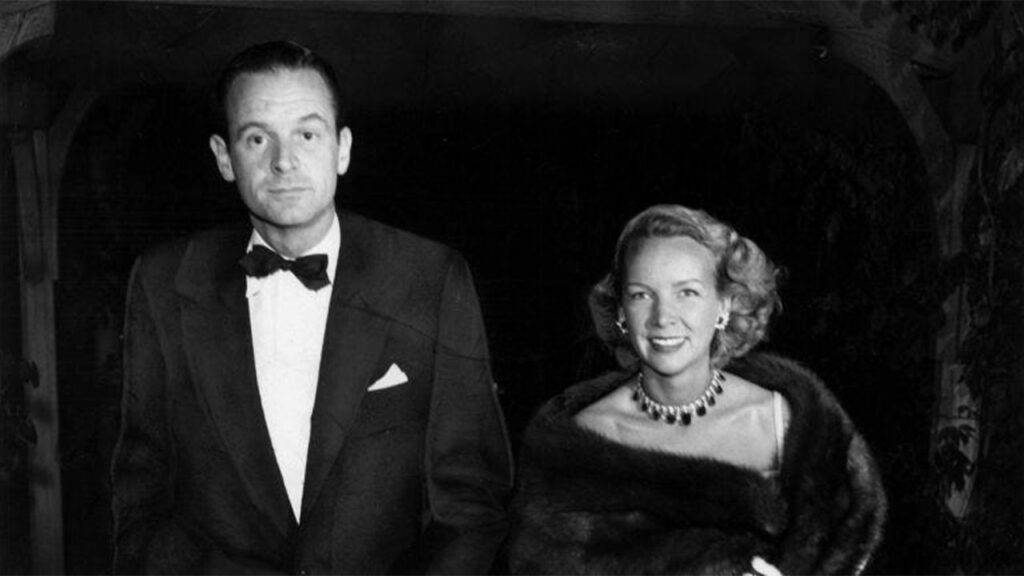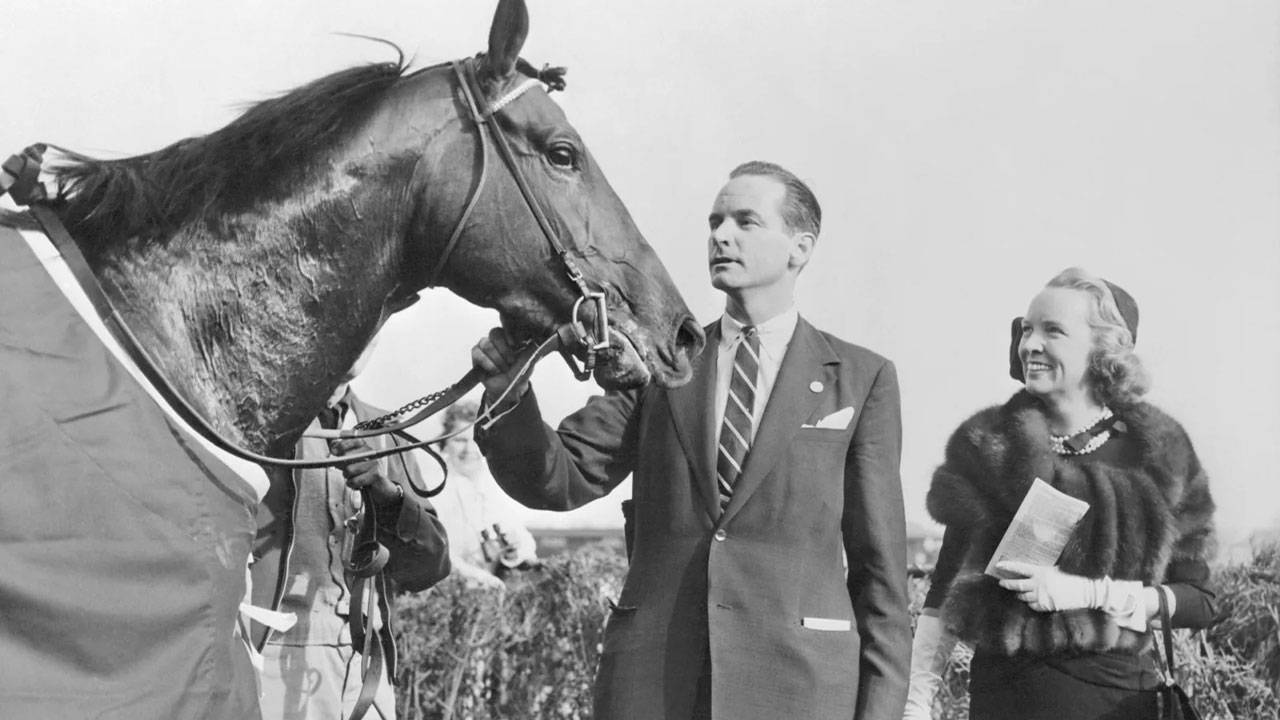In the annals of true crime, few stories are as captivating and mysterious as that of Ann Woodward and the night she shot her husband, William Woodward, Jr., in their Long Island home in 1955. The incident has sparked debates and speculations that linger to this day.
Did Ann Woodward Kill Her Husband?
After attending a dinner party for the Duchess of Windsor, the Woodwards returned to their Oyster Bay home, apprehensive about reports of a prowler in the vicinity. Both avid hunters, they armed themselves with loaded shotguns and retired to their separate bedrooms. A tragic turn of events unfolded in the darkened hallways of their estate.

“A few hours later, Ann heard a noise on the roof and went into a darkened hallway with her gun, where she saw a shadowy figure standing in front of Woodward’s bedroom door. Believing the figure to be a prowler, Ann fired the gun, killing her husband,”.
Ann Woodward’s Husband Killed
The immediate aftermath saw Ann holding her husband’s lifeless body, confessing that she had mistaken him for a burglar. This claim gained some credibility when police arrested Paul Wirths, who admitted attempting to break into the Woodwards’ house that night. Wirths stated that he had been on the roof and, startled by gunshots, fled the scene.
Woodward’s mother-in-law, Elsie, stood by Ann’s side, stating, “I know Ann loved Billy very much, and the shooting could be nothing but an accident.” However, there were whispers of a conspiracy, with some suggesting that Elsie may have paid Wirths to take the blame, aiming to protect Ann from scandal.
Legal Proceedings and Public Opinion
Ann testified before a grand jury, maintaining that the shooting was an accident. To the relief of Woodward and her supporters, the grand jury concluded that no crime had been committed. However, the incident left a lasting impact on Ann’s life.
Allegations and suspicions loomed large, even though Ann was exonerated. The Nassau County grand jury, after a mere 30 minutes of deliberation, deemed the shooting an accident. Still, Life magazine dubbed it “The Shooting of the Century,” making Ann Woodward a cause célèbre in New York.

“Although she was exonerated, Woodward was shunned by New York high society for the rest of her life,”. Elsie, her mother-in-law, reiterated her belief in Ann’s innocence, but the social repercussions were unavoidable.
Life After the Tragedy
Following the shooting, Ann and her sons moved in with her mother-in-law. Eventually, she chose to leave the public scrutiny behind and relocated to Europe. The incident, however, continued to cast a long shadow over her life, and the question of whether it was a tragic mistake or something more sinister remained unanswered.





